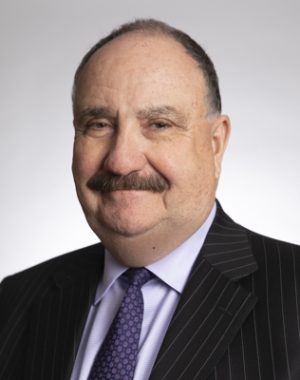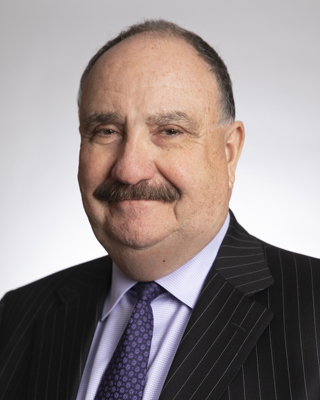Every day I read headlines in print or online about pension plans all over the USA and the world that are underfunded. In the domain of retirement plans, the distinction of a pension is significant because it is a promise and a guarantee of a specific return or benefit. When a pension plan is underfunded it means the plan does not currently have enough money to fulfill its promise.
Some Promises are Hard to Keep
In the 1970’s when I worked as a computer operations supervisor at the University of California, Berkeley, I remember earning a pension credit of 1.5% to 2.0% of my annual salary for every consecutive year I worked. If I had stayed at U.C. for 30 years, I may have earned a lifetime guarantee of 60% of the average annual salary from my three highest income years. It turns out I had bigger ideas. If I had retired from U.C. Berkeley, my pension would be in jeopardy right now because the plan has been badly managed.
One recent internal report to U.C. employees and faculty about the crisis in the pension plan estimated that without significant reductions in benefits promised, in just four years, the entire budget for the whole U.C. system would need to be allocated just to the current pension obligations. There would be no money to pay current faculty or employees or to maintain the buildings and lawns. You might ask how an institution with so many Nobel Laureates could be so badly managed. The answer is in Matt King’s article in this issue of the newsletter: the long-term goals and promises lost out to short-term myopia.
Our World Needs More Grown-Ups
I often say that financial planning is an adult practice. Adulthood assumes a person has the capacity to think and act for the sake of present and future concerns. Bonnie and I first realized that our two children were maturing when they began remembering to bring home their jackets. They would leave for school in the morning cold all bundled up in their jackets, but when they returned in the afternoon heat, they tended to leave their jackets at school. This is totally understandable in elementary school, but what happens the next morning when it’s cold again? As children mature they are able to realize that it might be hot now but it probably won’t be in the morning. That’s a sign they are gradually moving toward adulthood.
The chief actuary for the California Public Employees’ Retirement System (CALPERS) recently recommended lowering the assumed rate of return for the fund from 7.75% to 7.50%. If this had passed, it would have required local governments covered by the plan to contribute more money now so that the underfunded status of the plan would move in the direction of full funding. The actuary was acting as a mature adult. Unfortunately, the local government officials responded, “We cannot afford this.” Subsequently, the trustees decided in favor of the local government officials. Myopia – in this case, present concern over future concern – wins again. Wilshire and Associates, an investment consulting firm, projects that public pension funds will earn only 6.5% annually for the foreseeable future.
How to Keep a Promise
Back in 2007, Bell Investment Advisors started a Cash Balance Pension Plan for all of our employees. This type of plan falls under the category of Defined Benefit because it involves a promise and guarantee for our employees. All employees covered by this plan will earn long-term U.S. Treasury yields which are adjusted every year and now sit around 4%. Because we are confident about our long-term momentum growth strategy, we invested the Bell pension plan mostly in stock mutual funds, and in spite of the 2008 downturn, our strategy has been so effective that our pension plan is now overfunded.
We have kept our promise to our employees because our strategy has been successful and because we chose to base our rate of return on easily-achievable Treasury yields. Joshua Rauh, finance professor at Northwestern, recommends that all public pension funds base their return rate on Treasury yields. Unfortunately, the adults are not in charge and the prevailing strategy seems to be, “Maybe we’ll get lucky.”


